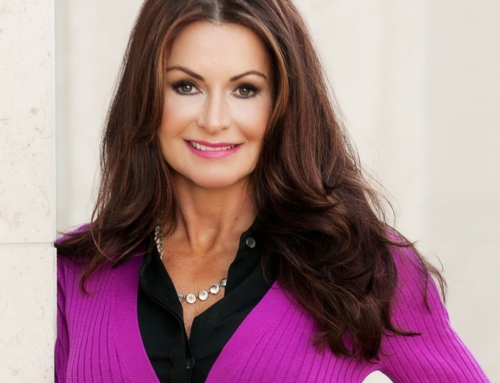As part of my series about “5 Things I Wish Someone Told Me Before I Started Leading a Cannabis Business” I had the pleasure of interviewing Ray Landgraf. Ray founded Island in 2014, with the goal of building a great company around a great brand in an industry with the potential to change the way we live — cannabis. Island’s flower is seasonal and single strain, sourced from a network of small farms across California. Widely recognized as a leader in manufacturing, compliance, and technology, Ray has built industry-shaping infrastructure while inspiring moments of happiness with customers. Prior to the cannabis industry, Ray helped build several technology companies. He most recently served as VP of Global Business Development and head of Authentication and Verification Solutions for Dun & Bradstreet (NYSE: DNB) where he was responsible for developing, launching and scaling data-driven SAAS solutions and applications for global commerce and trade. Ray began his career in private equity and asset management with roles at Viking Asset Management, a boutique private equity firm, and Fisher Investments, a global asset management firm with over $50B under management. He is an active investor, adviser, board member and partner including positions in Kaya Ventures, Eaze, Faxon Holdings, Emotive and Malbec Labs (acquired by Facebook). He holds a B.S. in Business Administration with a Corporate Finance emphasis from the Marshall School of Business at the University of Southern California.
Thank you so much for doing this with us! Can you share with us the story about what brought you to this specific career path?
It was 2 things really-
1) I was born and raised in California, so I never thought the plant was this scary or evil thing. As we saw the opportunity to work with cannabis evolving it was really interesting to be part of a discussion that could bring these possibilities to light.
2) There’s no more of an exciting entrepreneurial pursuit on planet earth. I believe in the space and the time of it and really believe in the product.
Can you share the most interesting story that happened to you since you began leading your company?
Many people may not know this, but Island headquarters in Redondo Beach is actually in the old Body Glove headquarters. I’m from California, and when we were looking to expand, I passed by Dive N Surf, which is a local surf shop that has been serving the community for over 60 years. I noticed they had a space for rent above the shop and inquired about the listing, no concept of how big or what the space looked like. I was blown away by the space and the view, and thought it was the perfect place to build the Island brand and team. They were getting offers from law firms and all sorts of other companies. Coming in as a cannabis brand, I had to convince Billy, the son of the founder of the Body Glove brand, we were a real business and wanted to build something really special in their old home. Also just the idea of building a California brand in the very place an iconic California brand like Body Glove was based was just so perfect. Billy, having never smoked a cannabis product in his life, took some convincing. Our COO Brandon and I brought our families by, had a lot of talks with him and really worked on getting him comfortable with the idea. Now it’s one of the coolest, most interesting things about our office. We even kept a conference room dedicated to the Body Glove legacy which is basically a museum full of a huge shell collection, original surfboards, artifacts and body suits.
Can you share a story about the funniest mistake you made when you were first starting? Can you tell us what lesson you learned from that?
I can definitely say that we learned about product quality the hard way — when we first started sourcing products, there was a network of essentially weed brokers and dealers and probably the closest I’ve been exposed to growing before that was when a buddy in college had a closet growing operation, so when you go from buying an eighth with that college mentality to buying real weight in a fluid market where you have different product types and growing technologies, as the new guy you get pitched a lot of bullshit and we had to work pretty quickly to learn how to identify what types of product it was, how old it was, just more fundamental characteristics and attribute of the plant which we weren’t really testing for at times and didn’t really have data on, which led to a couple interesting experiences.
Here’s a fun story — we were prototyping our filtered pre-roll product and I was going to different dispensaries and legal limit was an ounce. So I go hunting for the cheapest ounce just for prototyping I could find, and at this point I didn’t have close enough access to cannabis the way I did in college days when I could just make a phone call to get access to the best deal, and so I went to a family friend who we knew was a broker for a decade and told him I was trying to prototype this product so I can show it around. I just need more than an ounce because I’m prototyping 40–50 filtered pre-rolls and an ounce isn’t enough for where I need to go, so I asked for a little bit more product. I’m thinking she’s going to bring maybe a pound over or something like that, and she shows up at my door with 2 hefty trash bags full of weed and is like, “is this going to be enough?” Suffice it to say we never even made it through all of that material in prototyping — but it definitely illustrated a funny disconnect of where the industry is and where we were.
Are you working on any exciting projects now?
Of course — we’re building Island! We’re about to enter the CBD space with flower and other products that we can’t discuss but are really excited about and feel will compliment all the amazing products that we have in our THC line.
None of us are able to achieve success without some help along the way. Is there a particular person who you are grateful towards who helped get you to where you are? Can you share a story?
I really can’t say there was one particular person. I am grateful to a lot of people. The important thing here is that we’ve been very humble about what we don’t know and have been lucky enough to have an incredible network of people to help us with what we don’t. For us, it’s really about surrounding ourselves with good, smart people. When we don’t know something, we ask the best person in our network for advice. And that’s what really helped build this brand.
This industry is young dynamic and creative. Do you use any clever and innovative marketing strategies that you think large legacy companies should consider adopting?
We only started to really turn on marketing this year, hiring a VP to build the team. Prior to that, we only really focused on making a great product that consumers would love. To say we had a marketing strategy is probably a bit of an overstatement — we didn’t have any marketing. We focused on the product and production of that product, to ensure it was exactly what we wanted it to be before really getting it in a bigger way. Even now, with very limited reliable consumer data, we’re really all about building a brand with integrity and transparency.
Can you share 3 things that most excite you about the Cannabis industry? Can you share 3 things that most concern you?
The 3 most exciting
1) We actually get to shape the industry because it’s so new, and there’s no playbook for what or what not to do, and so we get to put our mark on a full white space, which is really cool.
2) We get to impact what we view as a social justice issue, specifically around criminal justice and how cannabis laws have been applied unfairly.
3) In a similar vein on the medical side, cannabis is everywhere in California, so for a lot of us who grew up here, it has been around us and in our lives for a very long time and so we never thought it was this dangerous thing that the Reagan administration and other administrations made it out to be, but I will say that in college we never did it for the medical benefit of it, and one thing that I’ve been really excited about with studies and research that has been conducted over the years, we’ve actually been able to demonstrate that there really is medicinal value, even more than we even know about today, so we’re really excited about the future of cannabis as a medicine that doesn’t have to come from a pharmaceutical company. This plant is all about making lives better in more ways than we even imagined.
The 3 most concerning
So I wouldn’t call these are concerns as much as challenges were working through. Like any startup building a business, our job is to overcome challenges, the biggest of which I’d say are:
1) Capital
2) Regulatory
Can you share your “5 Things I Wish Someone Told Me Before I Started Leading a Cannabis Business”? Please share a story or example for each.
1) Don’t take the simple things for granted, like access to banking. I knew from the get-go it would be challenging in ways it hasn’t been for me in other industries, but I had no idea at what level. The recurring theme here is that none of this has been done before. Everything takes more than twice as long, and that coupled with the ever-changing landscape of government movement and regulations, makes it even slower.
2) Hire quickly and plan for a ramp up period. In the beginning, four years ago, there were only three of us, doing just about everything from start to finish. During our second 4/20, Scott (Ray’s brother and current Island VP of Partnerships) and I were literally doing everything — fulfilling orders, checking inventory, delivering…had I known Scott and I would be sitting at my dining room table pulling an all-nighter rolling joints, I probably would have hired more people sooner. That being said, you always have to hire smart. We’ve had our fair share of employee nightmares from fake heists to staged robberies. We even had a driver who totaled a brand-new truck in his first week, and that was after he put the other one in the shop because he took out a fence post (also in his first week). Needless to say, there was no second week for him.
3) Overcapitalize because the floor can fall out from under you at any point. Picture your over-cap state and go even heavier. Because the due diligence on cannabis was basically non-existent, it takes a lot of time.
4) There’s a Jack Handey saying from SNL called tricking kids that goes “I was going to take my nephew to Disneyland, but instead I took him to an old burned-down warehouse…he cried and cried, but I think deep down he thought it was a pretty good joke.” I have been to that burned down warehouse countless times. I’d get so excited at the prospect of finding an amazing new partner, only to find out it was total BS. Like most black markets, cannabis had (and still has) its fair share of tricksters and swindlers. In this vein I’d say to always be vigilant so you can weed out any con-artists and stay on the right track.
5) Be prepared to spend every cocktail party talking about what you do the second anyone asks. For the first six years of my marriage, my wife, being a public defender, got all the questions. She had the most interesting stories to share. Now it’s my turn. Everyone wants to hear about it.
What advice would you give to other CEOs or founders to help their employees to thrive?
Care about your people. When you’re building something like a true lifestyle brand, you’ve got to take care of the people that are doing that along with you. Everyone on the corporate team is bonus incentivized. Everyone across our corporate and manufacturing employees has access to health benefits. In an industry, where prior to regulations, there was a lot of unfair treatment companies could get away with, we never cut corners and always valued our employees particularly at manufacturing where we have always paid well above minimum wage. We’ve never taken advantage. Don’t lose sight of the importance of your employees because you can’t do it alone.
You are a person of great influence. If you could inspire a movement that would bring the most amount of good to the most amount of people, what would that be? You never know what your idea can trigger. 🙂
I feel like we’re already doing that. Everyone who’s building a business in cannabis is part of a movement. We’ve all taken a lot of risks and swallowed a lot of uncertainty to build enough space. If anything, it would be great to have tools that would help us accelerate that. We’re also giving people more access to the great benefits of this plant that we truly believe in and increasing the opportunity for other people to enjoy it as well. We’re making it a more mainstream product that is will become universally available without the stigma and without having to overcome obstacles in order to get it.
What is the best way our readers can follow you on social media?
My personal Twitter handle is @RayLandgraf and Island’s handles are @FindIsland across Instagram and Twitter. You can find us on Facebook @IslandCannaCo.
This was very inspiring. Thank you so much for joining us!

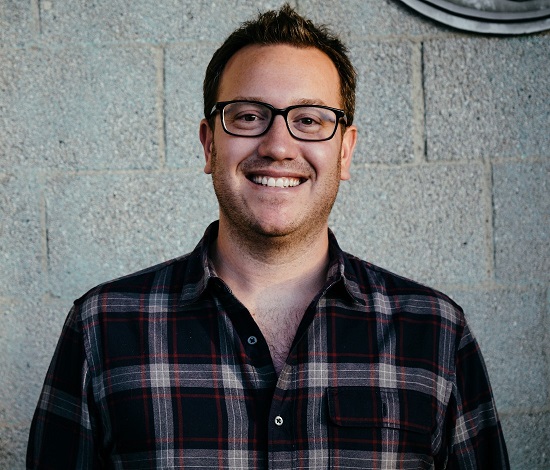
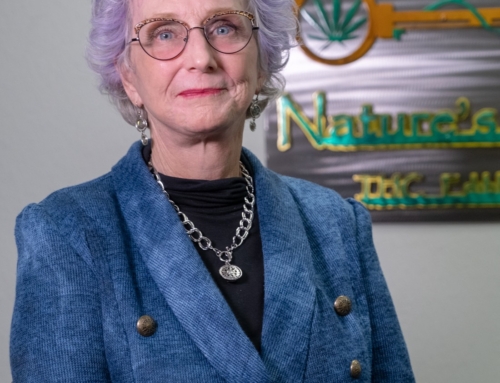
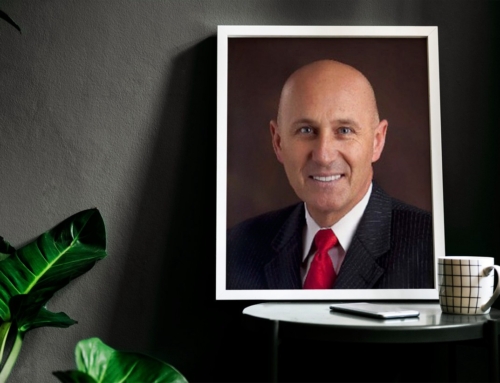
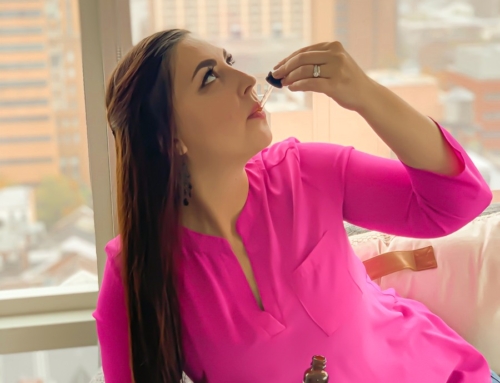
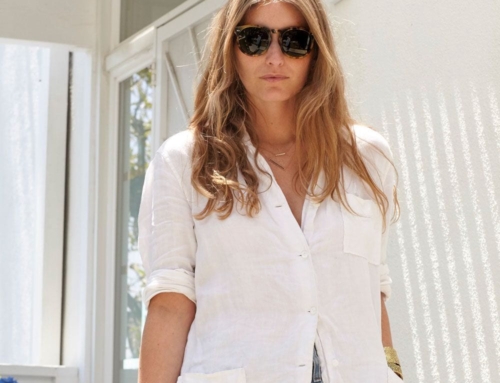
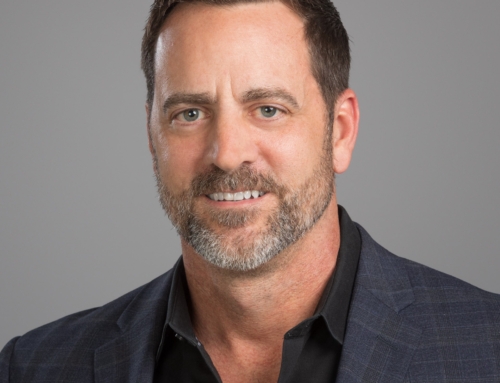
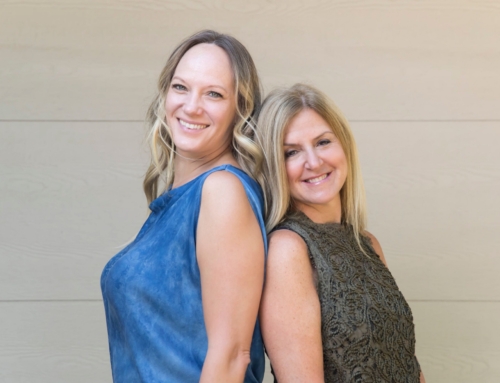
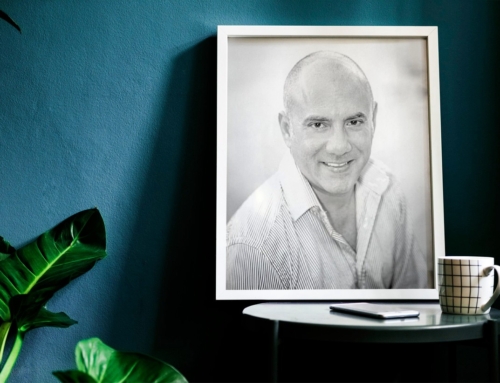
![“The potential to help people [in this industry] is enormous, but there’s still so much to learn.” – Ramon Alarcon, Witi](https://lakesideremedy.com/wp-content/uploads/2020/12/1thj5ekUyxQ69iLz1JJyODg-scaled-e1607882756286-500x383.jpeg)
